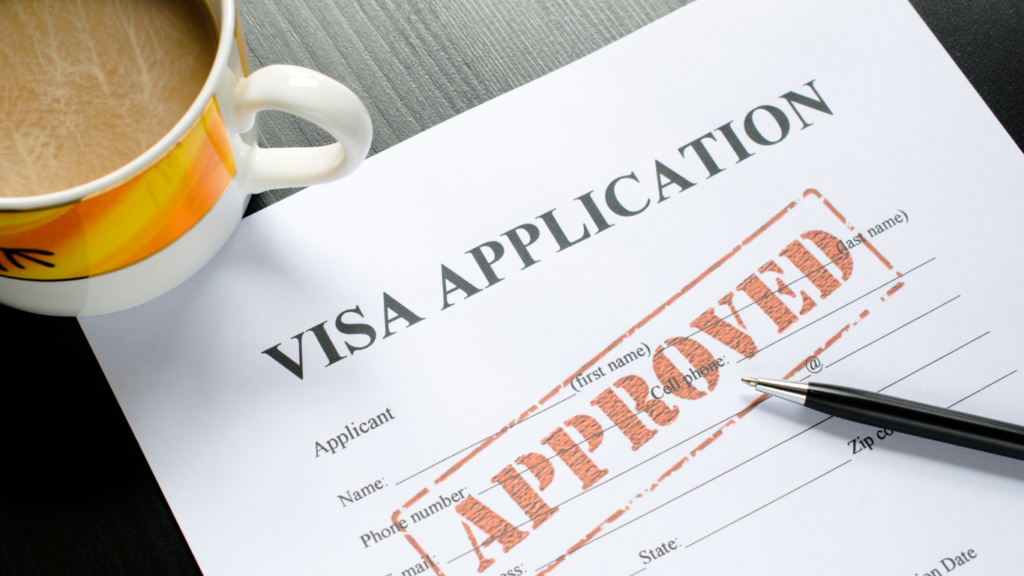Many Zimbabweans are drawn to the idea of exploring Europe’s diverse cultures while building a successful career. But before you pack your bags, there’s one key step to figure out—getting the right work visa for Zimbabweans
European work visas can feel overwhelming at first, especially with each country having its own rules, requirements, and processes. But don’t worry, I’ve broken it down into simple steps to help you navigate this journey with ease.

Understanding European Work Visas for Zimbabweans
First things first: a European work visa for Zimbabweans is your official ticket to live and work in a specific European country. Unlike a Schengen visa, which allows short-term travel within 27 European countries, work visas are country-specific and tailored to long-term employment. So, if you’re eyeing Germany, Norway, or France, for example, you’ll need a visa from that particular country to work there.
Popular European Destinations for Work
Here’s what you need to know about some of the most common destinations Zimbabweans choose for work opportunities:
- Germany:
- This is one of the most welcoming countries for skilled workers. To apply for a German work visa, you’ll need:
- – A job offer from a German employer.
- – Proof of qualifications (such as degrees or certificates).
- – A completed application form and a valid passport.
- This is one of the most welcoming countries for skilled workers. To apply for a German work visa, you’ll need:
Bonus tip: Germany has a program for job-seekers, allowing qualified professionals to stay in the country while searching for work.
- Norway:
- Known for its high standard of living, Norway requires a residence permit for anyone planning to work there for over 90 days. Your employer will need to provide documentation of the job offer, and you’ll have to meet specific education or skill requirements.
Bonus tip: Recently, people have been talking of opportunities in Svalbard for skilled workers, however, a residence permit for work is still required.
- France:
- This country processes a work visa for Zimbabweans through its local embassy. The good news? France also handles applications for other Schengen countries like Sweden, Switzerland, and Denmark. A strong advantage if you’re unsure about where to settle!
- Finland:
- Planning on seasonal work? Finland offers a short-term visa for up to 90 days. For longer stays, you’ll need a residence permit tied to your job.
General Steps to Apply for a Work Visa

As I mentioned before, the processes differs from country to country, but here’s a general guide to get you started in getting a work visa for Zimbabweans:
- Find a Job:
- – This is the most crucial step. Many European countries require you to have a job offer before applying for a work visa. Browse online job boards, network, or consult professional recruitment agencies for leads.
- Prepare Your Documents:
- – A valid passport.
- – A completed visa application form.
- – Your job contract or offer letter.
- – Proof of education and qualifications.
- – Financial proof to show you can support yourself initially.
- Submit Your Application:
- – Applications are submitted either online or in person at the relevant country’s embassy or consulate. Some countries may require biometric data, so be prepared for a quick visit to the embassy.
- Wait for Processing:
- – Visa processing times vary. For example, German work visas can take weeks, while others like Finland’s might be faster. Always apply as early as possible to avoid delays.
- Attend an Interview:
- – Some countries require you to attend a visa interview. This is your chance to clarify any points and show your enthusiasm for the opportunity.
Challenges You Might Face
Getting a work visa isn’t always straightforward. Here are some common challenges for a work visa for Zimbabweans and how to tackle them:
- – Finding an Employer: Start networking early and use platforms like LinkedIn to connect with potential employers.
- – Language Barriers: Some countries require proof of language skills, such as German for Germany. Consider enrolling in language classes if needed.
- – Long Processing Times: Always check the average wait times and plan ahead.
Pursuing a career in Europe is an exciting step that opens doors to incredible opportunities. With the right preparation and persistence, you’ll be well on your way to living your European dream.
Remember, it’s not just about landing a job—it’s about embracing a new culture, making connections, and growing both professionally and personally. If you’ve been considering working abroad, now’s the perfect time to start planning.
Have you successfully applied for a European work visa, or do you have questions about the process? Share your thoughts in the comments below—I’d love to hear from you!
If you’d like some help with this process, feel free to book a consultation today!

